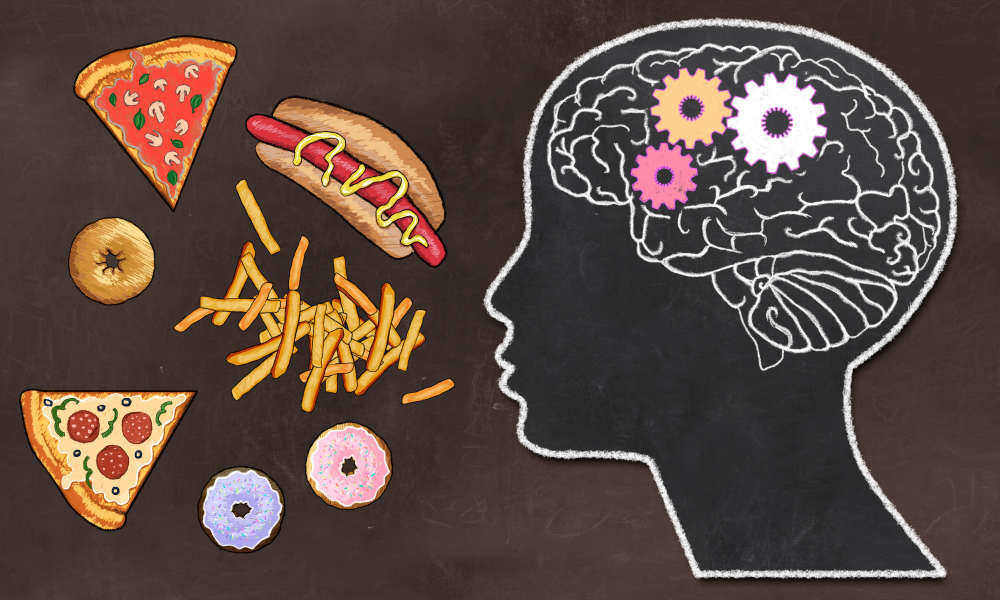Do you often find yourself overeating? Do you feel like you can’t stop eating once you’ve started? If so, you may be suffering from a binge eating disorder. Binge eating disorder is a serious condition that can have many negative consequences on your health and wellbeing. In this article, we will discuss the symptoms, treatment options, and recovery tips for binge eating disorder. We hope that this information will help you get the help you need!
Contents
Understanding Binge Eating Disorder
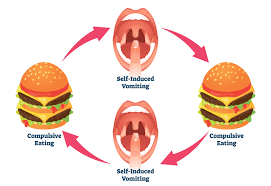
Binge eating disorder is a type of eating disorder characterized by excessive overeating. People with binge eating disorders often eat large amounts of food in a short period. And they feel out of control during the binges. Binge eating episodes can be very distressing and embarrassing. And people with this condition often feel ashamed and disgusted with themselves.
NOTE: Binge eating disorder is one of the most common eating disorders. It affects about three percent of women and two percent of men in the United States.
What Is Binge Eating Cycle?
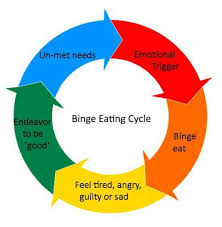
The binge eating cycle usually goes like this. You:
- Start to feel anxious or upset.
- Use food to comfort yourself.
- Eat more than you intended to.
- Feel guilty, ashamed, and disgusted with yourself.
- Vow to never do it again.
- But the next time you feel anxious or upset, the cycle starts all over again.
The binge eating cycle can be very harmful to your health and wellbeing. Furthermore, it can lead to weight gain, obesity, and other health problems.
What Are The Symptoms Of Binge Eating Disorder?
The symptoms of binge eating disorder vary from person to person. However, common signs and symptoms include:
Behavioral Symptoms
- Eating large amounts of food in a short period
- Feeling out of control during binges
- Eating when you’re not hungry
- Hiding food or eating in secret
- Purging after binge eating (e.g., vomiting, using laxatives)
Emotional Symptoms
- Feeling ashamed or disgusted with yourself after binge eating
- Feeling guilty and depressed about your eating habits
- Anxiety and stress around food
- Low self-esteem
Physical Symptoms
- Weight gain
- Bloating and stomach pain
- Digestive problems like constipation and diarrhea
What Causes Binge Eating Disorder?
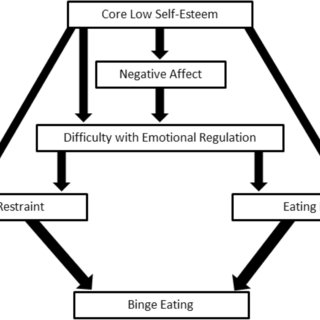
The causes of binge eating disorders are not fully understood. However, experts believe that a combination of psychological and environmental factors may contribute to the development of this condition. Some possible causes include:
Psychological Factors
Low self-esteem: People with low self-esteem may turn to binge eating as a way to cope with their negative feelings about themselves.
Depression: Depression is often linked with binge eating disorder. People who are depressed may use food as a way to comfort themselves.
Anxiety: Anxiety can also lead to binge eating. Anxious people may use food as a way to calm down or relax.
Environmental Factors
Poor body image: People who have negative thoughts about their bodies are more likely to develop binge eating disorders.
Stressful life events: Stressful life events, such as the death of a loved one, can lead to binge eating.
Traumatic experiences: Traumatic experiences, such as sexual abuse or physical abuse, can also trigger binge eating disorders.
Unhealthy dieting habits: Some people may develop binge eating disorders after trying unsuccessfully to lose weight through dieting.
Living With Binge Eating Disorder
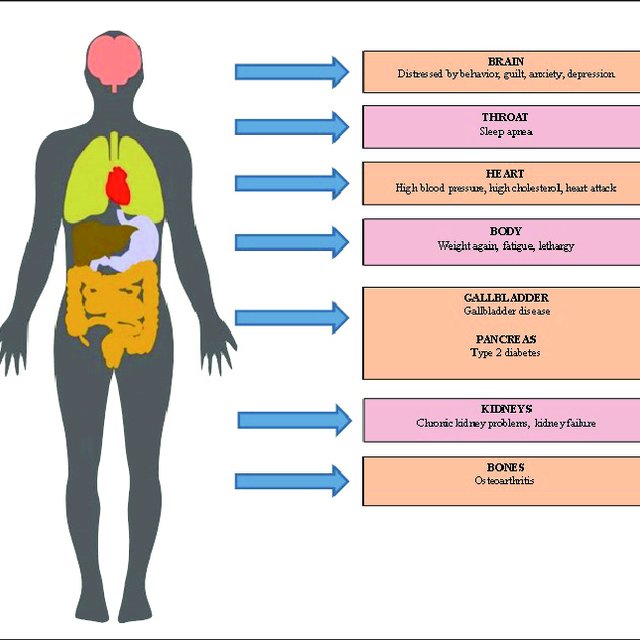
People with binge eating disorders often experience negative consequences on their physical and mental health. Some of the ill-effects of this condition include:
Physical Health Problems
Obesity: People with binge eating disorders are at a high risk of obesity.
Heart disease: Binge eating can lead to heart disease and other health problems.
Diabetes: People with binge eating disorders are also at an increased risk of developing diabetes.
Gallbladder disease: Binge eating can damage the gallbladder, leading to diseases like gallstones.
Sleep apnea: People with binge eating disorders are at risk of developing sleep apnea. It is a condition that causes them to stop breathing during their sleep.
Mental Health Problems
Poor self-esteem: People with binge eating disorders often have low self-esteem and negative body image.
Depression: Many people with binge eating disorders are also diagnosed with depression.
Anxiety: People with binge eating disorders may also suffer from anxiety disorders.
Eating Disorders: Binge eating can lead to the development of other Eating Disorders. Such as anorexia nervosa and bulimia nervosa.
NOTE: When you have a binge eating disorder, it feels like the whole world is on your shoulders. You’re ashamed of yourself and feel guilty all the time. You may be so embarrassed that you hide your condition from family and friends. This can make you feel very isolated and alone.
Is Binge Eating Disorder a Mental Disorder?
Yes, binge eating disorder is classified as a mental disorder in the Diagnostic and Statistical Manual of Mental Disorders (DSM). This manual is published by the American Psychiatric Association and it lists all mental disorders.
NOTE: Mental disorders are conditions that affect the way a person thinks, feels, and behaves. Eating disorders are conditions that involve abnormal eating habits. Such as binge eating disorders. However, there is some overlap between mental disorders and eating disorders. For example, people with bipolar disorder may also have an eating disorder.
DSM Guidelines On Binge Eating Disorder
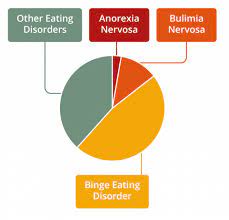
The Diagnostic and Statistical Manual of Mental Disorders (DSM) is a manual that is used to diagnose mental health disorders. The DSM includes a section on eating disorders. Furthermore, it includes criteria for diagnosing binge eating disorders. To be diagnosed with binge eating disorder, a person must meet the following criteria:
- Have at least one episode of binge eating per week for at least three months
- Feel out of control during the binge eating episode
- Have feelings of guilt, shame, or disgust about binge eating
- Eating, in a discrete period (e.g., within two hours), an amount of food that is larger than what most people would eat in a similar period under similar circumstances
NOTE: The DSM also includes a section on bulimia nervosa. It is a type of eating disorder that involves binge eating followed by purging (e.g., vomiting or using laxatives). Bulimia nervosa is not the same as binge eating disorder. But some people with binge eating disorder may also have symptoms of bulimia nervosa.
Coping With Binge Eating Disorder
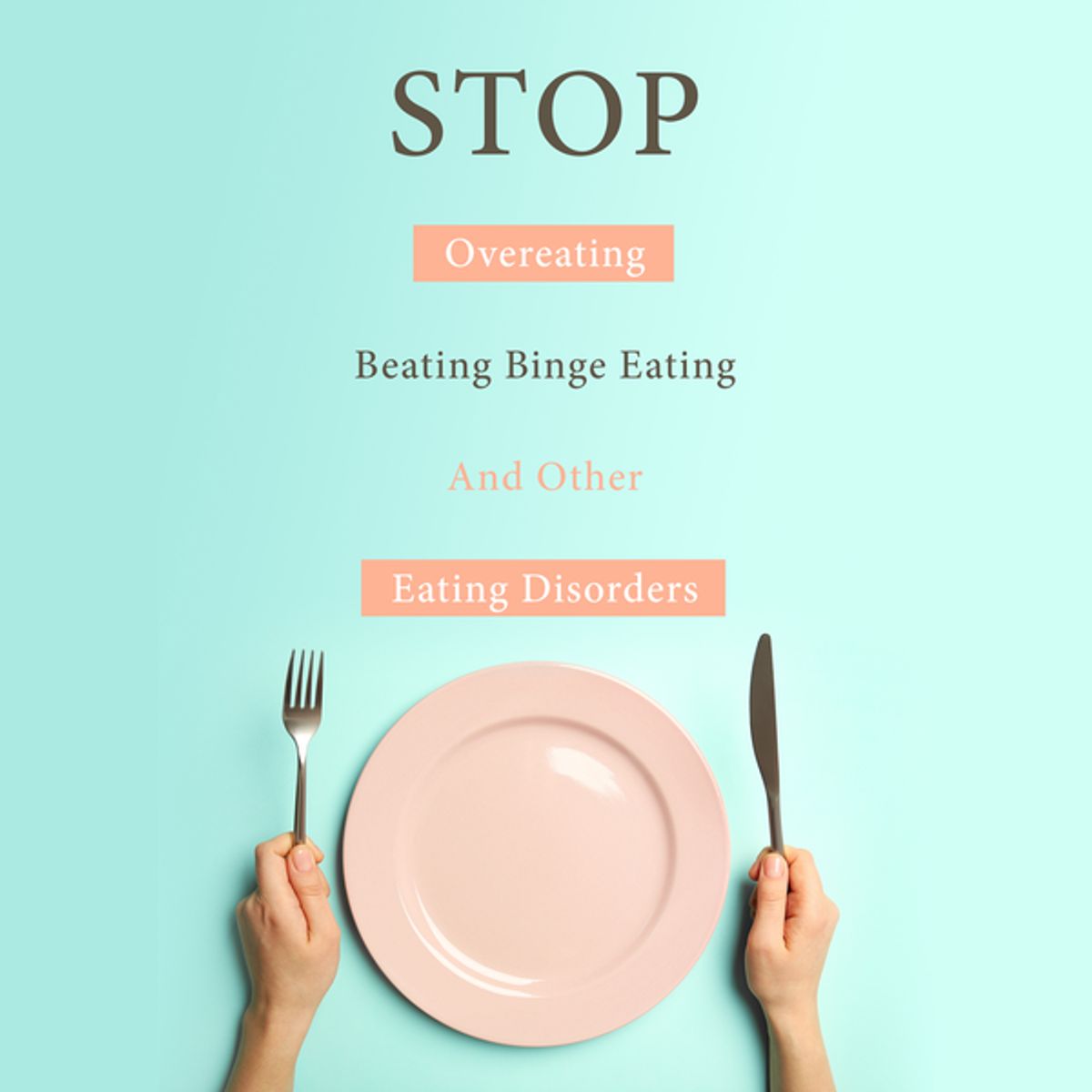
Binge eating can be a very difficult condition to cope with. However, there are many things that you can do to help manage your symptoms. Some helpful tips include:
Recovery Tips For Binge Eating Disorder
There is no one-size-fits-all approach to recovering from this eating disorder. However, some general tips may be helpful for you. Some recovery tips include:
Identify your triggers: As mentioned above, identifying your triggers can help avoid binge-eating episodes.
Create a meal plan: Having a set meal plan can help you to stay on track with your eating habits.
Avoid restrictive diets: Restrictive diets often lead to binging and are not healthy or sustainable in the long term.
Get physical activity: Exercise can help to combat the negative effects of binge eating.
Talk to a therapist: Talking to a therapist can help manage binge eating disorders.
Join a support group: There are many online and offline support groups for people with binge eating disorders.
Treatment Options For Binge Eating Disorder
There are many different treatment options for people with these eating disorders. Some of the most common treatments include:
Therapies
Cognitive-behavioral therapy (CBT): CBT is a type of therapy that focuses on helping people change their thoughts and behaviors.
Interpersonal psychotherapy (IPT): IPT is a type of therapy that focuses on the relationships between people and their environment.
Dialectical behavior therapy (DBT): DBT is a type of therapy that helps people to manage their emotions and behaviors.
Family-based therapy: Family-based therapy is a type of therapy that helps families to address the issues that may have contributed to the development of this eating disorder.
Nutrition counseling: Nutrition counseling can help people to develop healthy eating habits and manage their weight.
Medications
There are no medications specifically approved for the treatment of these eating disorders. However, some medications may help manage the symptoms of this condition.
What Medications Help With Binge Eating Disorder?
There are no medications specifically approved for the treatment of these eating disorders. However, some medications may help manage the symptoms of this condition. Some common medications that may help include:
Selective serotonin reuptake inhibitors (SSRIs): SSRIs are a type of antidepressant medication that can help to reduce the symptoms of binge eating disorder.
Serotonin-norepinephrine reuptake inhibitors (SNRIs): SNRIs are a type of antidepressant medication that can help to reduce the symptoms of binge eating disorder.
Anticonvulsants: Anticonvulsant medications are often used to treat seizures. But they may also help manage the symptoms of binge eating disorder.
Helping Someone With Binge Eating Disorder
If you know someone who is struggling with a binge eating disorder, there are many things that you can do to help. Some helpful tips include:
Offer support: Let the person know that you support them and are there for them.
Encourage healthy behaviors: Encouraging healthy behaviors, such as eating healthy foods and getting regular exercise, can be helpful.
Avoid judgment: Do not judge or criticize the person for their behaviors.
Do not enable the behavior: Do not provide food or other substances that may trigger binge-eating episodes.
Seek professional help: If you are concerned about someone’s health and safety, seek professional help.
Talking To a Professional
If you are concerned about your or someone else’s binge eating, it is important to talk to a professional. Many professionals can help with binge eating disorders, including:
Psychiatrists: Psychiatrists are doctors who specialize in mental health disorders.
Clinical psychologists: Clinical psychologists are therapists who have specialized training in the treatment of mental health disorders.
Registered dietitians: Registered dietitians can help people to develop healthy eating habits and manage their weight.
Family doctors: Family doctors can also provide help and support for people with these eating disorders.
Experts View On Binge Eating Disorder
There is still a lot that we don’t know about binge eating disorders. However, there is growing evidence that this condition is serious and can harm people’s lives. Although, some experts view this eating disorder as a type of eating disorder. While others view it as a mental health disorder. Furthermore, in their opinion, the most important thing for people with these eating disorders is to seek help. And get the support that they need.
Case Study
A case study published in the journal Clinical Psychology Review looked at the treatment of a woman with a binge eating disorder. The woman had been struggling with this eating for many years. And had unsuccessfully tried several different treatments. Then, she was treated with cognitive-behavioral therapy and interpersonal psychotherapy. After treatment, she reported that she was no longer binge eating and felt much better about herself.
Conclusion
Binge eating disorder is a serious condition that can harm people’s lives. However, there are many different treatment options available, including therapies, medications, and talking to a professional. Thus, with the right support, people with these eating disorders can recover and lead healthy lives.
A Word From Therapy Mantra
Your mental health — Your psychological, emotional, and social well-being — has an impact on every aspect of your life. Positive mental health essentially allows you to effectively deal with life’s everyday challenges.
At TherapyMantra, we have a team of therapists who provide affordable online therapy to assist you with issues such as depression, anxiety, stress, workplace Issues, addiction, relationship, OCD, LGBTQ, and PTSD. You can book a free therapy or download our free Android or iOS app.
